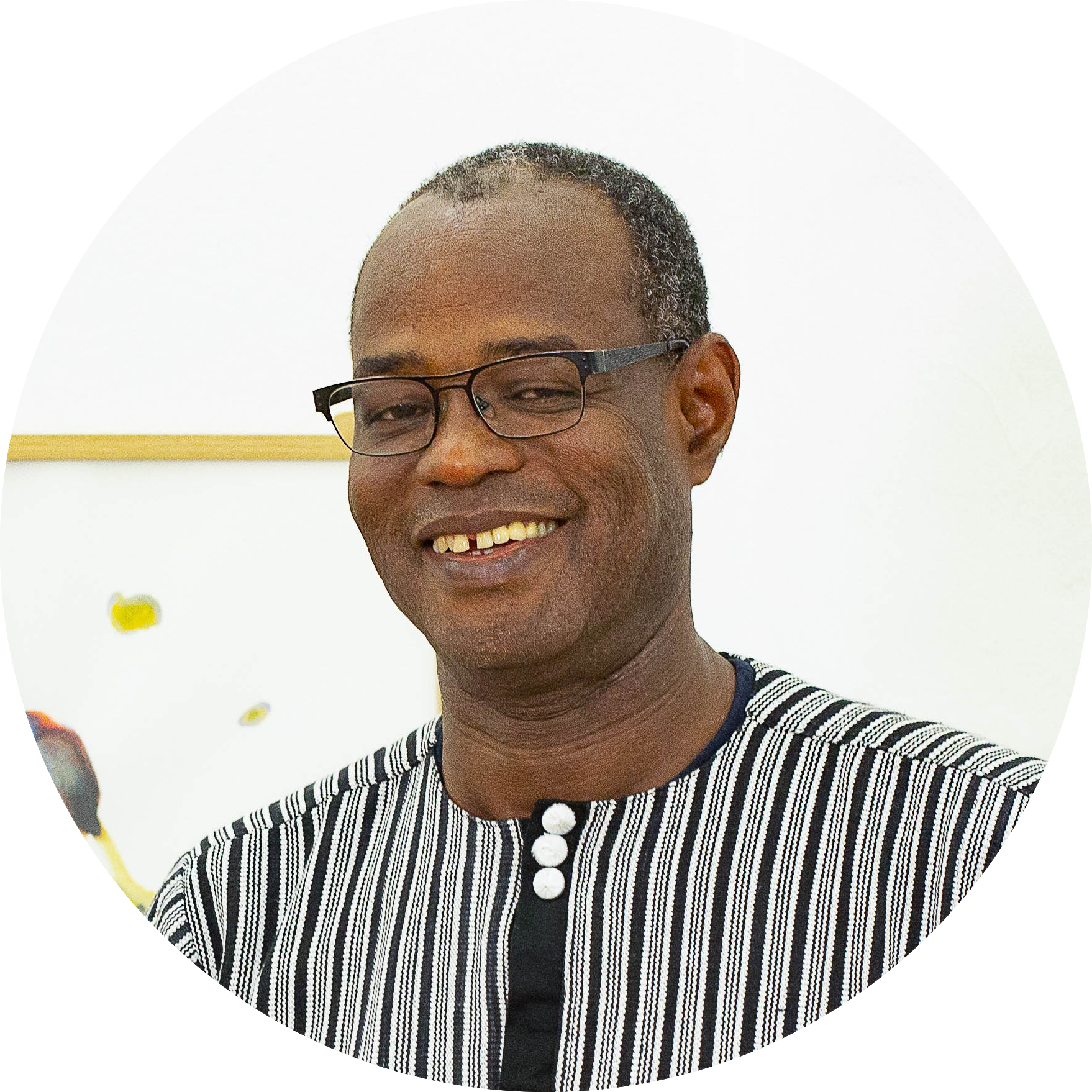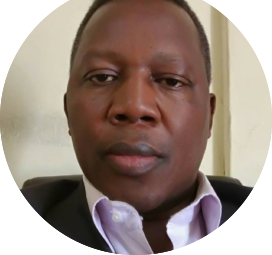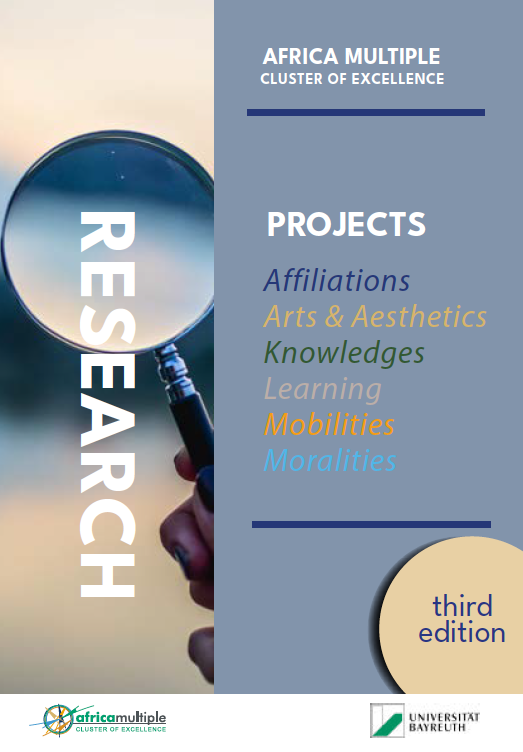Fluid Ontologies of Contestation. Social media, anti-government protest and transnational decolonization movements in Burkina Faso
-
Research Section: Moralities
-
Project duration: 01.01.2023 - 31.12.2025
Summary
“Fluid Ontologies of Contestation” studies how contemporary political contestation is co-constituted by online and offline processes of mobilization. It focuses on two key cases in Burkina Faso: the 2014 revolutionary uprisings against then-President Blaise Compaoré and the ongoing calls for decolonization, notably from France, in the context of the Sahel crisis. The interdisciplinary project combines social science and computer science methodologies to study the role of social media networks in collective movements that challenge established power relations on the national and transnational level. The project’s relevance lies in exploring contemporary fluid topographies of contestation across virtual and physical spaces. As various analysts have shown, contemporary social and political movements intertwine online and offline mobilization techniques to the point where each is co-constituted by the other (Castells 2015; Sebeelo 2021). The boundaries of social and political movements are no longer geographical and its participants and antagonists are spread across the globe. Analyzing them thus demands a radically relational perspective that links different medialities, sites, political struggles, inequalities and frustrations, and ideologies in the making. The project, developed in close collaboration between the ACC Ouagadougou and the Cluster in Bayreuth, aims at theorizing contestation from within the specific context of Burkina Faso while at the same time highlighting the fluid and porous boundaries of that context. Finally, we seek to explore the potential of the Cluster’s concept of “fluid ontologies” beyond the realm of IT.
Key Questions
- How is contemporary political contestation co-constituted by online and offline processes of mobilization? How do online and offline dynamics relate to one another?
- How do people make sense of political issues that are too inaccessible to be known and too significant to be ignored or left uncertain?
- How can we describe and analyse the virtual structures and non-spatial boundaries of social and political movements?
- How can quantitative data science approaches and qualitative social science approaches be combined and/or productively opposed to produce insightful and useful knowledge about the interdependency of digital technologies and society?

This image shows different crowds of protesters gathered during the events of the fall of the Blaise COMPAORE regime in October 2014, in Burkina Faso. The photo of the protesters is embedded in the map of Burkina to translate the national space, in w
Methods and Concepts
Computational data analysis will be located in the fields of Natural Language Processing (NLP) and Social Network Analysis (SNA). Algorithms will be developed with a strong focus on explainability of models, on traceability of design decisions, and on explanatory power of algorithmic outcomes. The qualitative interpretive approach follows an inductive rationale and will be based on informal focus group discussions, expert interviews, and participant observation methods, both in virtual spaces (Facebook, Twitter and Telegram) and in urban and semi-urban settings in and around the capital city Ouagadougou.
On a conceptual level, we seek to harness the potential of the Cluster’s concept of “fluid ontologies” beyond the realm of IT. In computer and data sciences, fluid ontologies usually designate a way of organizing data and metadata in a dynamic way, as “flexible knowledge structures that evolve and adapt to communities’ interest based on contextual information” (Srinivasan and Huang 2005:193). In the social sciences and humanities, the concept remains surprisingly undertheorized, notwithstanding the numerous “ontological turns” and myriad references to the fluidity of contemporary social and political phenomena. In this project, “fluid ontologies” will be used to develop a relational and reflexive perspective on social and political movements: to see them not as entities, as classic social movement theory would have it, but as fluid socio-technological interrelations between different sites and positionalities, informational circuits and, not least, academic struggles and political ideologies. A given protest or movement, in this sense, extends as far as it attracts attention through socio-technological networks, thereby also blurring the boundaries between contestation and the (academic) observation thereof.
Vision of the Study
“Fluid ontologies of contestation” combines two unlikely disciplinary bedfellows: data sciences and social sciences. While their combination is widely encouraged, a persistent divide remains between them, structuring the field in terms of separate scientific communities with divergent epistemological interests. Moreover, since research focuses almost exclusively on Western and Northern settings and has “been favourable to Eurocentric approaches” (Mutsvairo and Wright 2019:281), African perspectives and realities have been largely marginalized. Against these two trends, we aim at working across disciplinary silos and beyond Eurocentric biases. The setting of Burkina Faso is thus not just a case, but a historical site from where we conceptualize and refine our research questions and methodologies.
Contribution/Relation to the Cluster’s Aims & Goals
One core idea of “Fluid Ontologies” is to analyze and theorize multiplicity. Focusing on the double context of radical technological and political changes, the project looks at a multiplicity of meanings and its implications for political group formation and polarization dynamics. Furthermore, fluid ontologies also blur the classic boundary between epistemology (the researcher) and ontology (the research object) and call for a reflexive approach, cognizant of the different positionalities from where research is done and the normative assumptions that underpin it. The case of the decolonization movement in Burkina Faso is of particular concern here, as it straddles the divide between political and academic movements towards decolonization. While we agree with Ndlovu-Gatsheni, Seesemann, and Vogt-William (2022) that the reconfiguration of African studies must not neglect the challenge of decoloniality, the present research does not aim at clarifying one specific decolonial agenda; rather, it describes and analyzes its polysemic multiplicity and “blurred” contours (ibid., 2022:94) as they play out in Burkina Faso. This perspective, we believe, is important to grasp the relations between academic contestations of “sovereign reason” (Macamo 2022) and ongoing geopolitical conflicts on the African continent.
Project Team

Dr. Yacouba Banhoro
Principal Investigator
Université Joseph-Ki-Zerbo
(UJKZ), Ouagadougou

Dr. Cyriaque Paré
Principal Investigator
Institut des Sciences des Sociétés
Ouagadougou, Burkina Faso

Dr. Joschka Philipps
Junior Research Group Leader
University of Bayreuth

Prof. Dr. Mirco Schönfeld
Principal Investigator
Professorship for Data Modelling and Interdisciplinary Knowledge Generation
University of Bayreuth

Beatrice Kanyi, MA
PHD Candidate
University of Bayreuth

Armel Zerbo, MA
PHD Candidate
Institut des Sciences des Sociétés
University Joseph Ki-Zerbo
Ouagadougou, Burkina Faso
Further Links / Key References
Find more information on the project here:


